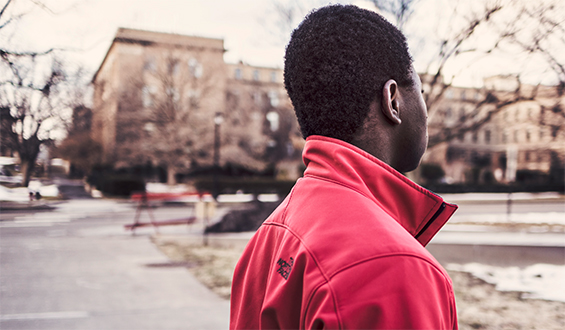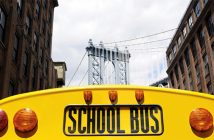 (Photo: Pexel, Creative Commons)
(Photo: Pexel, Creative Commons)
Despite America having legally integrated its public schools, a newly-released report shows that private school student populations, and particularly those in the South, remain overwhelmingly white.
The report, released by the Southern Education Foundation, takes a closer look at the racial makeup of students in private schools across the country. Surprisingly, the report discovered that states with high black populations had lower numbers of students of color enrolling in private schools. In fact, the state with the highest population of black citizens, Mississippi, was also found to have the highest number of white students in private schools.
In addition, 43% of private school students across the nation were found to attend “virtually all-white schools,” defined as having at least 90% of all students as white in comparison with 27% of public school students.
The report discussed the gap found between the percentage of school-aged children who are white and the percentage of private-school children who are white. The largest gap was found to exist in Mississippi, where, as of 2012, 51% of all school-aged children and 87% of private school students were white, constituting a gap of 36 percentage points. The average gap across the nation in that same year was 15 percentage points.
Although private school enrollment has seen a decline since the Civil Rights era, the opposite is true for private schools in the South, which have seen a dramatic increase in enrollment in the same time frame, writes Emma Brown for The Washington Post.
According to the study’s author, the pattern of segregation suggests that private schools, which take public money through vouchers and other similar programs, should not have the right to select which students they want to admit. Instead, anyone who applies should be accepted the same way that public schools operate.
“The public-school system is built on the bedrock notion that we want each child to have a chance for a good education,” said Steve Suitts, who wrote the study as a senior fellow at the Southern Education Foundation and is now an adjunct professor at Emory University. “And if private schools do not wish to advance that national purpose, then they ought not receive public funding.”
However, some scholars and advocates argue that voucher programs help low-income and minority students attend the private schools that they could not afford otherwise, reports Charles Pulliam-Moore for Fusion.
Greg Forster, a senior fellow at the Friedman Foundation for Educational Choice, said it should not come as a surprise that a higher proportion of white students attended private schools because white families tend to have higher incomes. He went on to say that private schools typically look to serve as many students as possible, but they can only enroll those who can afford to pay.
However, school choice offers those with lower incomes access such schools, he says:
“It is not a scandal that those who are able to access better schools choose to do so; it is a scandal that because of the government school monopoly, only some are able to access better schools.”




